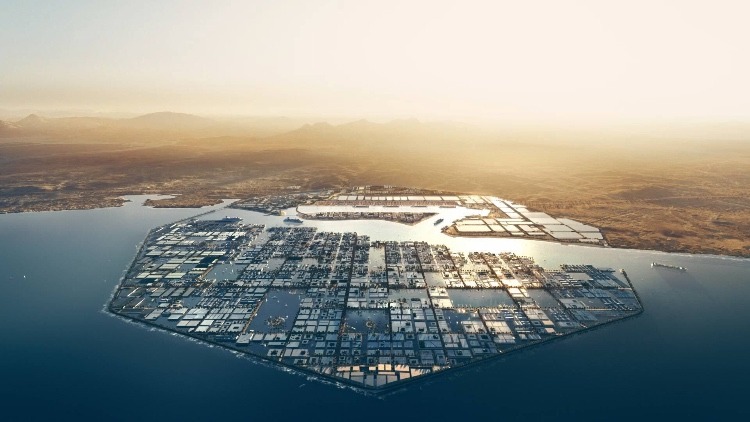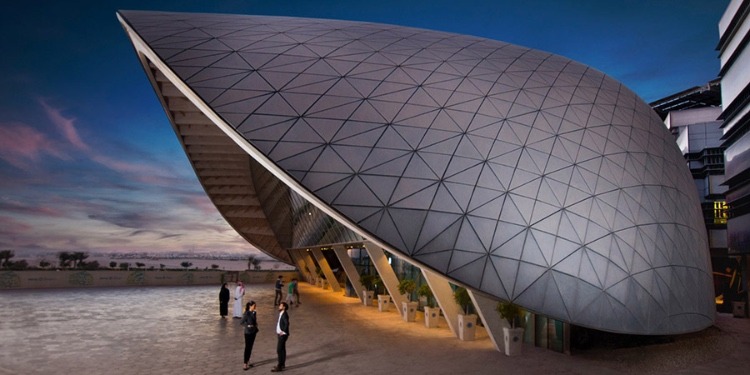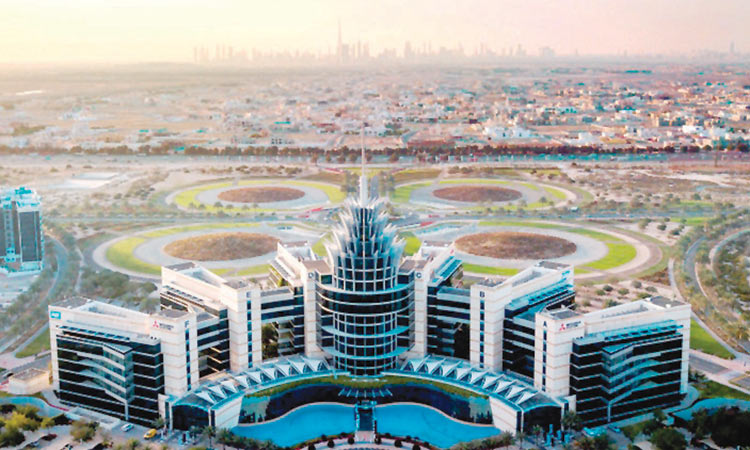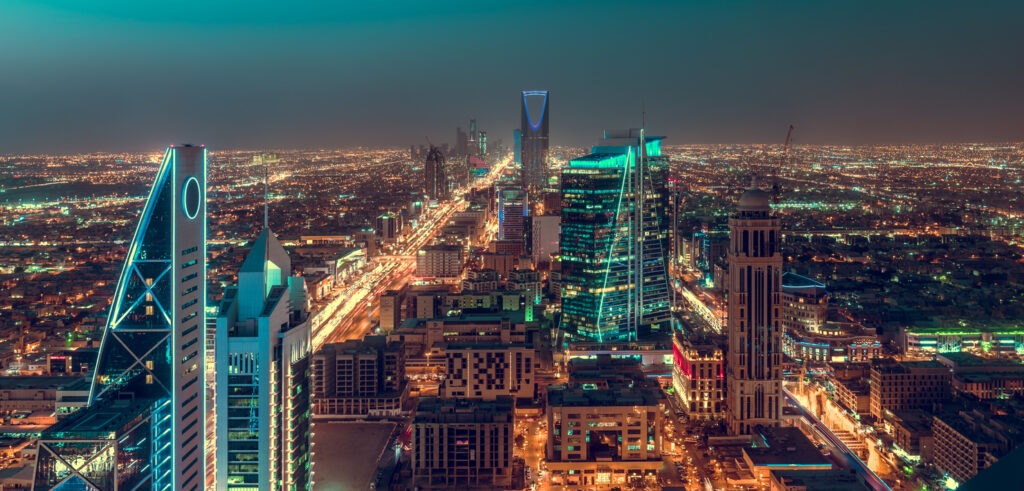Our reliance on technology grows more by the day, more efficient and saving time we can no longer imagine a world without technology. Sure, technology saves time and produces better results but is it taking over our lives in a way we are no longer able to control? With the growth of smart cities around the region technology is here to stay. Once upon a time, it seemed like a far-fetched fantasy on your TV but now technological advancement no longer surprises.
Smart cities much like what we used to see on TV are on the rise in the region with mega projects underway. By 2050, the United Nations expects that the majority of the world’s population will be living in cities, as a result, there are more environmental, sociological, and economic challenges. Smart city technology can help address some of these issues and make cities more livable.
Smart cities are said to provide a lot of advantages making our lives easier, enhancing traffic flow by modifying public transportation routes in real-time based on demand, and intelligent traffic lights reducing traffic congestion. Residents can also be alerted to use public transportation during off-peak hours using smart technology. Riders of public transportation in several places may track their bus or train destinations and alter routes if necessary. It may also make cities significantly safer by implementing the Internet of Things (IoT) and security cameras, both of which can improve resident safety and reduce incident response times. License plate recognition, networked crime centers, and body cameras can give law enforcement detailed and timely information. Now that you know what smart cities can do, let’s look at some of the smart city projects that we will see in the Middle East in the future years.
NEOM
The name of the new smart city is a mix of the Greek word “new” with the Arabic word “future.” The city will span 10,000 square kilometers of Saudi Arabia’s Tabuk governorate, close to the country’s borders with Jordan and Egypt. It’s 33 times the size of New York City, according to estimates. Flying drone taxis, a Jurassic Park–style amusement park, and a big artificial moon that lights up nightly are among the city’s earliest designs. According to reports, artificial intelligence and alternative energy sources are being used to construct the futuristic city-state. The city’s developers have stated that bullet trains and a hyper-loop will be available for transportation. According to the BBC, NEOM city is part of Saudi Arabia’s 2030 Vision ambition to free the country from its oil-based economy. The city’s developers also stated that it will exist fully outside of Saudi Arabia’s current judicial system, regulated by an independent legal system drafted by investors, which is really interesting. Joseph Bradley, CEO of NEOM Technology & Digital, claimed that: “It is about building the first cognitive city, where world-class technology is fueled by data and intelligence to connect seamlessly with its population.”
According to the BBC, NEOM’s contribution to the kingdom’s Gross domestic product (GDP) is expected to reach at least $100 billion by 2030, in addition to the world’s greatest per capita GDP. When can we expect NEOM to be launched? Last year, Nadhmi Al-Nasr told Arab News that the metropolis of NEOM will be ready to welcome tourists and investors by 2024.

Masdar City
Abu Dhabi’s creation, the project began in 2006 with a master plan that included major components such as solar energy optimization through efficiency gains, integration of all aspects of city life through minimal use of transportation, limiting the height of construction and buildings, and providing a high quality of life in an efficient ecosystem and environmentally smart manner.
Masdar City was the Middle East’s first effort at creating a sustainable city. Its goal is to utilize less energy, and water, and generate less trash. It is powered by a combination of solar power, technology, and architectural concepts. One of the key initiatives toward environmental conservation is to use the least amount of energy possible. Water waste can be reduced by using low-flow showers and smart water meters, for example. Furthermore, Masdar City’s architecture keeps streets and houses cooler than they would be otherwise. To top of that, The International Renewable Energy Agency, an intergovernmental agency that assists countries in transitioning to a sustainable energy future, has its headquarters in Masdar City.

Dubai Silicon Oasis
Dubai Silicon Oasis (DSO), or more specifically, Silicon Park, is a smart city in the heart of Dubai with the goal of fostering technology and entrepreneurship through an integrated ecosystem, becoming the first choice for those seeking a transparent and secure environment, and developing a fully integrated, sustainable, and a happy community through collaboration, innovation, and technology. According to Middle East Business Intelligence, Muammar al-Katheeri, executive vice-president of engineering management at Dubai Silicon Oasis Authority and Smart City chairman, this $300 million smart city at DSO was completed in the fourth quarter of 2017 and became a “Dubai model” to be replicated elsewhere in Asia and the rest of the world.
Silicon Park is a mixed-use development that includes a corporate center, hotel, retail plaza, and residential development. It also includes features such as charging stations for electric cars, smart lighting that brightens when people pass, and solar-powered, motorized smart shading for open spaces, according to Al-Katheeri.

True, technology is a double-edged sword, but as we incorporate it into our lives, we will be able to reap the benefits and build a more sustainable and efficient community where technical solutions are at the center of our lives.



